Learning from one another is what BoldJourney is all about. Below, we’ve shared stories and insights from phenomenal artists, creatives and entrepreneurs who’ve successfully managed to overcome imposter syndrome.
Crystal Conigland

Out of the many topics to choose from, this one is the elephant in the room. Imposter syndrome is the most controversial topic in society today, especially among African American women who have chosen to pursue careers or obtain educational degrees such as doctoral degrees and pursue careers in corporate America. Imposter syndrome can be mentally debilitating and has been known to be one of the leading suicidal rates among women in the United States and undeveloped countries. Read more>>
Sophia Jin

Imposter syndrome comes and goes. It’s definitely still something that I have to tackle quite often, especially when working with artists with much more experience than myself. Now that I’m graduating, and working a lot more with industry professionals at different stages of their careers, I have to remind myself that everyone starts from somewhere, and what is even more special is that there are people who have chosen to give me a chance. A chance to perform and a chance to work with these professionals; someone must think I’m good enough, right? For example, I was singing at a chamber music festival recently, and I was working alongside different professionals who have been in the industry a few years longer than I have. Being the youngest, in age and experience, definitely left me feeling a little like a fish out of water, but I soon came to realise that everyone there is a professional, myself included. Read more>>
Amie Dabu
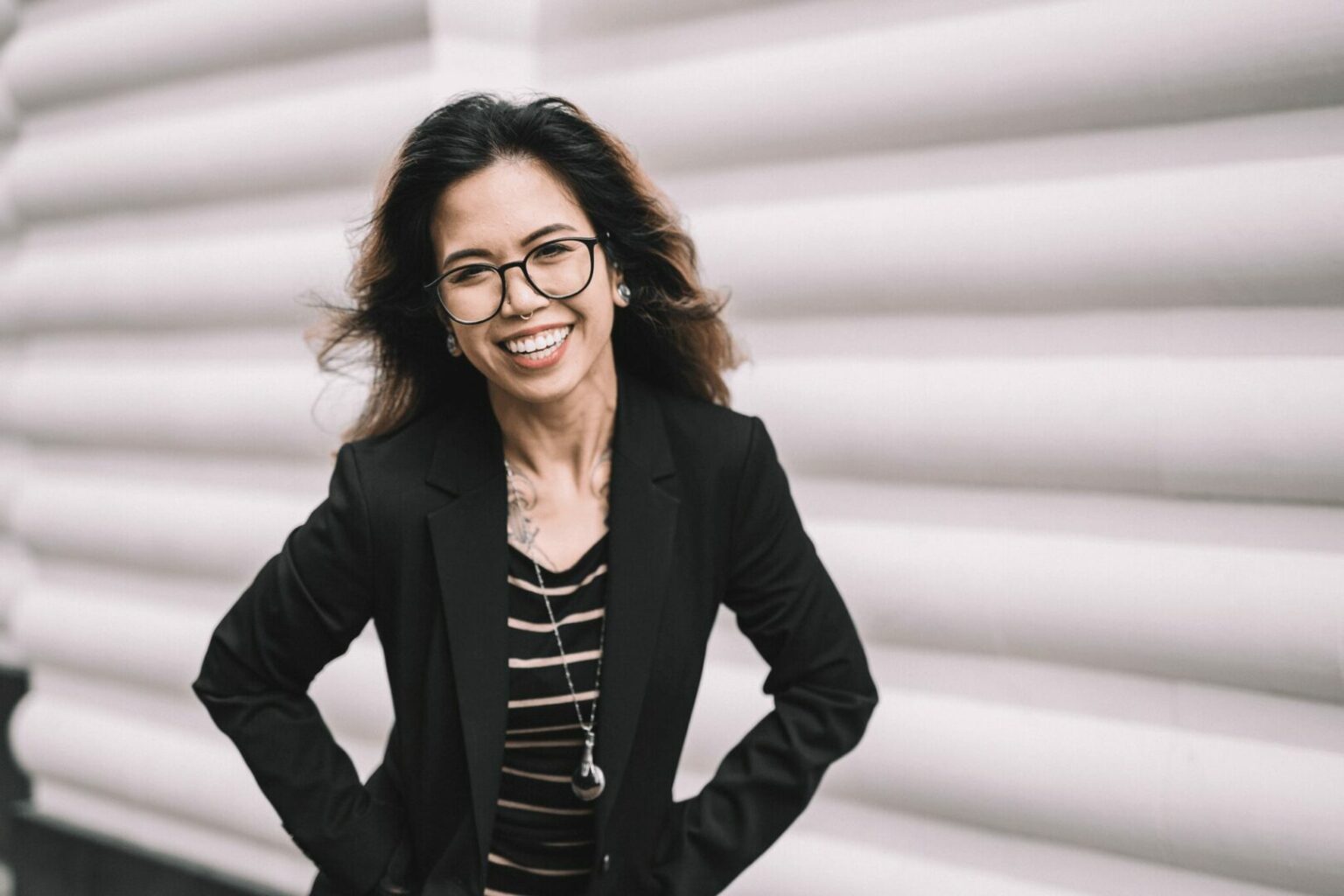
Imposter syndrome felt like an unwelcome guest at a family gathering who overstayed their welcome the moment I started my post-college career as a contract researcher at Microsoft and then Google. I was surrounded by brilliant minds and successfully navigating high-stakes projects, yet constantly questioned my place and my own expertise. Read more>>
James Heazlewood-dale
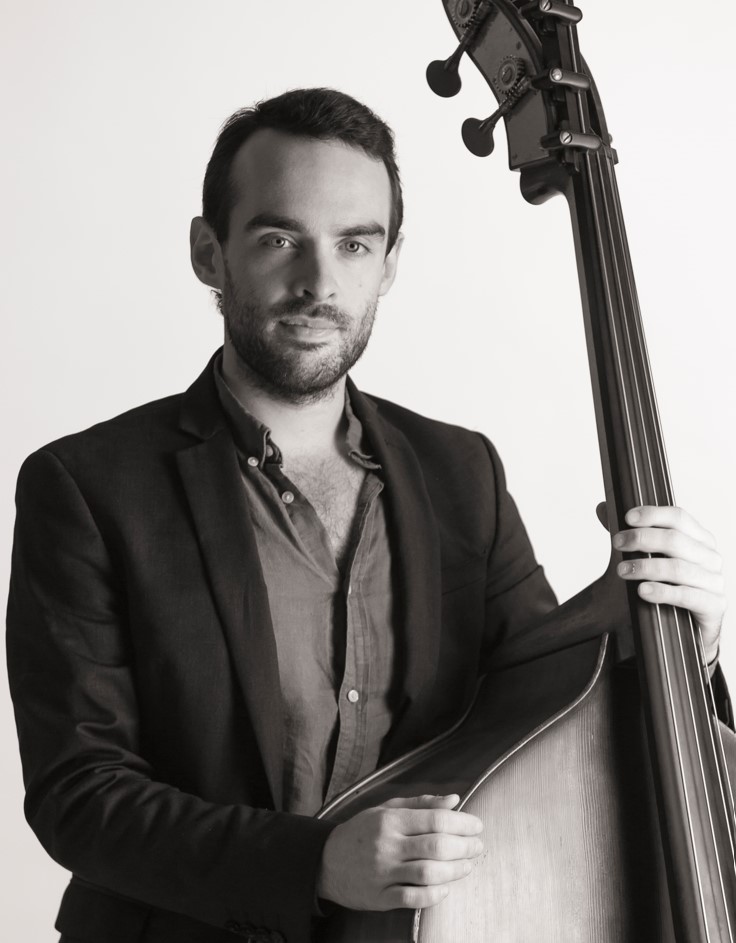
Firstly, I think it is important to recognize that imposter syndrome is a state of mind that we can very plausibly return to at different points in our careers, regardless of our accomplishments. To “overcome” imposter syndrome is to, more accurately, develop a set of tools to hush the pervasive inner voices of doubt should they arise. Should such discouraging voices go unchecked, imposter syndrome paralysis may take hold, where negative voices are speaking at such a volume and telling us that we do not possess the skills or qualifications to be doing what we are doing that we are unable to engage with our creative outlets. It is also worth mentioning that imposter syndrome is a highly personal mindset, and the factors that contribute to its loudness and how it may affect our practices will be varied. For me, as someone whose career involves a vast amount of writing and public speaking, imposter syndrome, at its worst, results in periods of immense procrastination. Self-judgment takes control, proclaiming that I am unqualified or undeserving to be working on the project I am currently involved with. Read more>>
Angela Faustina

Overcoming imposter syndrome is a daily battle in the art world! It’s easy to doubt yourself when standards are subjective and there are constant comparisons. It’s essential to confront these feelings with intention and resilience so it becomes part of a process that can ultimately lead to greater self-awareness and growth. Setting realistic goals so I can focus on progress rather than perfection, tracking and celebrating my accomplishments, challenging negative self-talk, and my support system are critical tools that help me to succeed as an artist and keep imposter syndrome at bay. Read more>>
Katie Davis
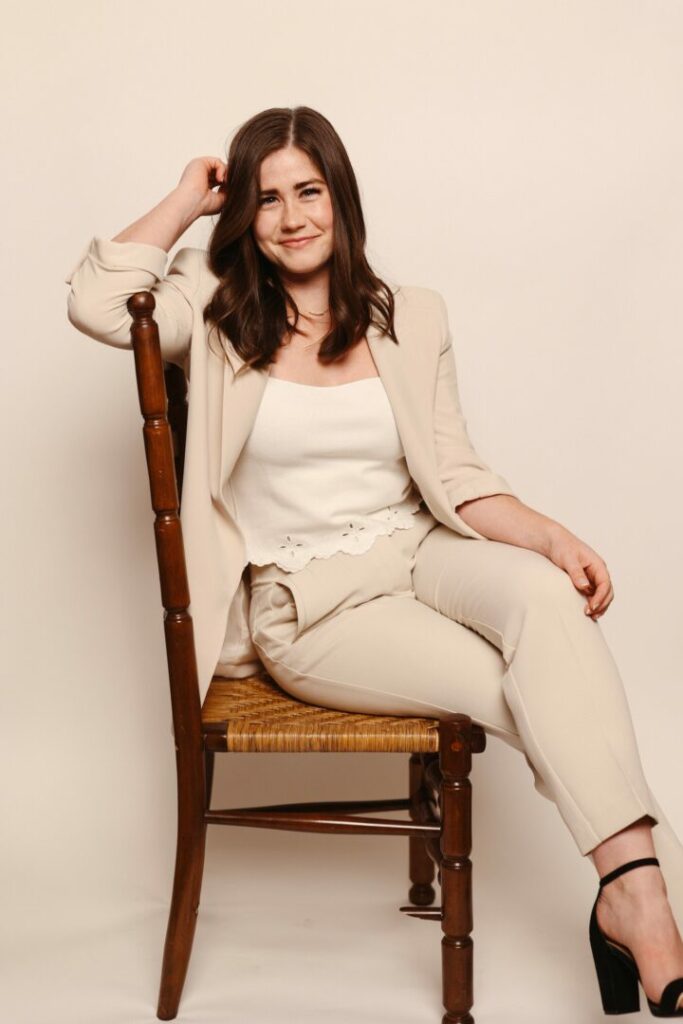
It took a long while, I can’t lie! I actually don’t have a degree in Interior Design – I went to school for something else and then had a career pivot later in life. For that reason, I always had the “I’m an imposter” thought in the back of my mind.
I was confident in my work, and truly believed the quality and skill level was there. But where the imposter syndrome really took over was when I spoke about myself and my work to others. The imposter syndrome made me feel like I had to downplay what I was doing, constantly using phrases like “it’s no big deal, just a side thing” and “it’s just for fun, nothing serious.” Even when I was working 7 days a week in over my head, and grew my business to 6 figures, I STILL felt the need to tell people it was “just a side thing.” All because I didn’t have a degree?! Crazy! Read more>>
Chrissy Powers

I believe that we don’t actually overcome imposter syndrome we move with it and the negative or self-defeating voice that is “imposter syndrome” gets smaller and less real.
Overcoming imposter syndrome often involves a combination of self-awareness, intentional mindset shifts, and building confidence through action. Here’s how you I have approached Imposter syndrome in my life and work. Read more>>
Stephen Ray Thomas

I don’t think it would be normal to ever fully get over it but it is definitely something everyone deals with at some point, especially in this industry. When I started, I definitely had those moments where I thought, ‘Am I good enough for this?’ But over time, I realized it’s all part of the process and everyone goes through it. I’ve worked hard to get where I am, and I know I bring something to the table no one else can. Read more>>
Jeff Toth

I don’t think I’ve ever really overcome imposter syndrome, I think that’s just a symptom of being an artist. However, something that helps is knowing that everyone feels that way. No matter how many credits or successes you have in this industry, there’s always going to be some doubt that creeps in. I say lean into it as a way of bonding with someone rather than feeling inferior! I also find that reminding myself often there’s a reason why I’m where I am is a helpful way to overcome feeling like an imposter. Read more>>
Tania Martinez
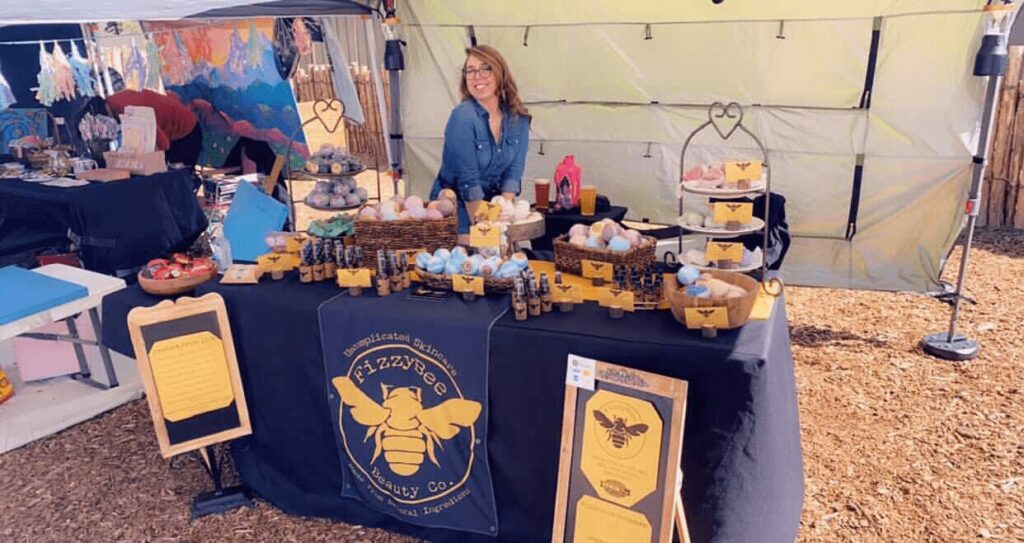
This is a tricky question. Trickier than the others, but far more intriguing to try and answer.
Imposter syndrome is something I fear I still struggle with, actually. I’m not sure that ever goes away. What I do know for sure is that it’s the persistence and passion for what I do that helps me somewhat overcome this predicament.
Am I good enough? Why would anyone listen to me? Does what I do make a difference? Does anyone even care? These are just some of the questions that cyclone inside my head when I’m feeling overwhelmed. I’m sure I am not alone in this.
I was once told that fear is just excitement incorrectly labeled. That our bodies can’t tell the difference between the two so if we can reclaim it as excitement over fear, we can likely achieve better outcomes. By flipping the script, so-to-speak, it’s a constant practice that I have to actively choose to push through the “imposter syndrome” and shut out the self-doubting inner dialogue. Replacing it with encouragement and positive reinforcement.
So much magic happens on the other side of fear. Read more>>
Chad Jardine

So, I don’t know if you ever really do get over it. I remember listening to Seth Godin talk about it one time. He said he wasn’t sure it ever really went away, but he felt like you could learn to “dance with the fear.”
That’s how I feel. I’m worried, fearful, out of my depth, and afraid, much of the time. But the more I act in spite of my worries, the more I am down to dance with the fear and get more comfortable being uncomfortable. Read more>>
Kenny Routt
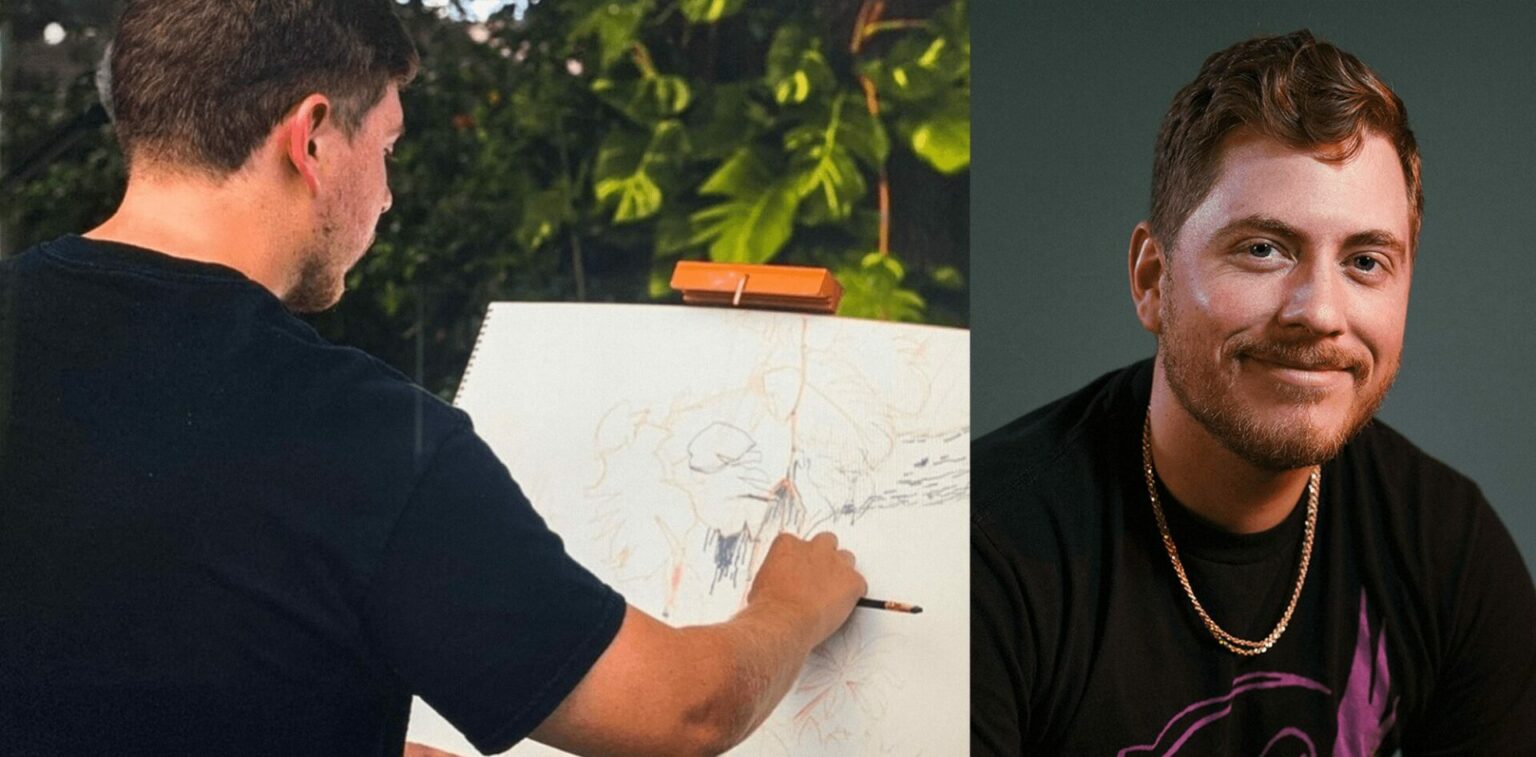
Imposter syndrome is cyclical in your life and career.
I first encountered imposter syndrome in my early career after art school. For me, it was intimidating to own the title of “artist.” Many sketchbook pages, small gigs, and late nights drawing helped me to quickly get over it.
My passion to be an Illustrator had outweighed my insecurity. I began to focus on growth and freed myself of any fear of judgement.
As I advanced in my career and pivoted to disciplines like design, and art direction in the advertising space, I would encounter imposter syndrome again with each new title. As projects shipped and performed well, I grew more confident. You have to trust your instincts and process, and never stop trying to beat your best work. Read more>>
Alice Sullivan

This was a phenomenon that took a lot of hard work and burning of the ego. I felt this way for years after graduating residency, and it really flared during a dream job. For 2 years, patients would come from all over the country, even the world, with their difficult cases to this clinic. They all would really have liked to see the three much older, more experienced physicians that I was still learning from— but they could make an appointment with me sooner. After 2 years, I realized that all of my mentors were tackling these cases differently, they had different priorities and decision trees. For example, one of my mentors was mostly concerned to not overwhelm a sensitive patient, while another was concerned that undertreatment would be too slow and waste time inefficiently, and the third would use homeopathic with blood cell response under the microscope to determine next best steps. These varied approaches all achieved positive effects in many patients, and watching this gave me a lot more data to learn from, as well as permission to go forward with my best effort, and use what I could from everything I learned, to help patients. Read more>>
Brian Waller
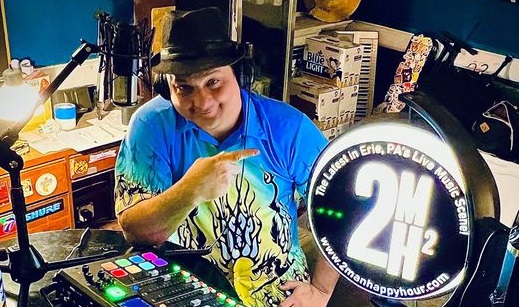
I haven’t. Even though my clients, and people I know in the audience, have told me time and time again how they like my work and appreciate what I do, I still ask myself “Who am I that so many hold my work in my field so valuable.” I’m confident in what I do, but sometimes feel that I am not as good as people say I am. Read more>>
Dylan Yvonne Welch
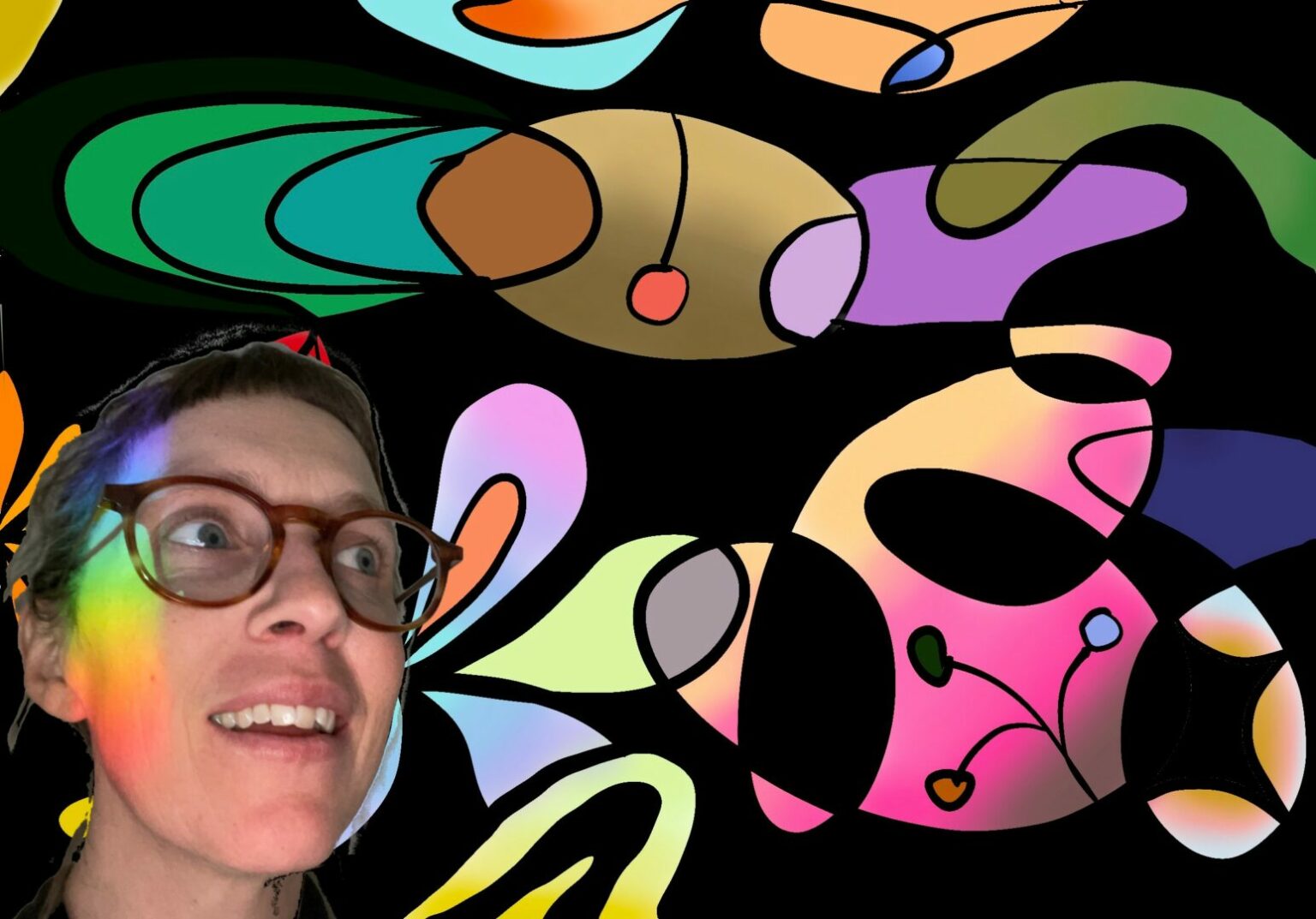
I found an art practice in the Ceramics studio at Carleton College: it was a place where time seemed to move differently, because I felt so focused and engaged and joyful. Soon after graduating from college, I worked at an elementary after school program in my hometown, El Cerrito, California. At that point, I was doing some drawing, but I didn’t think of myself as an artist. Don’t artists work in a flurry of activity, creating masterpiece after masterpiece? I did, however, love coming up with collaborative art-based activities. What the kids made always surprised and delighted me. At one point, I mentioned that I made art while the kids were working on a project. “You’re an ARTIST?” One of them asked, incredulously. Others looked on, curiously. Though I hesitated, it seemed valuable to own the title at that moment. I reasoned that if they thought I was an artist, it would give them permission to think of themselves as artists, too. Read more>>
Emily Lawrence
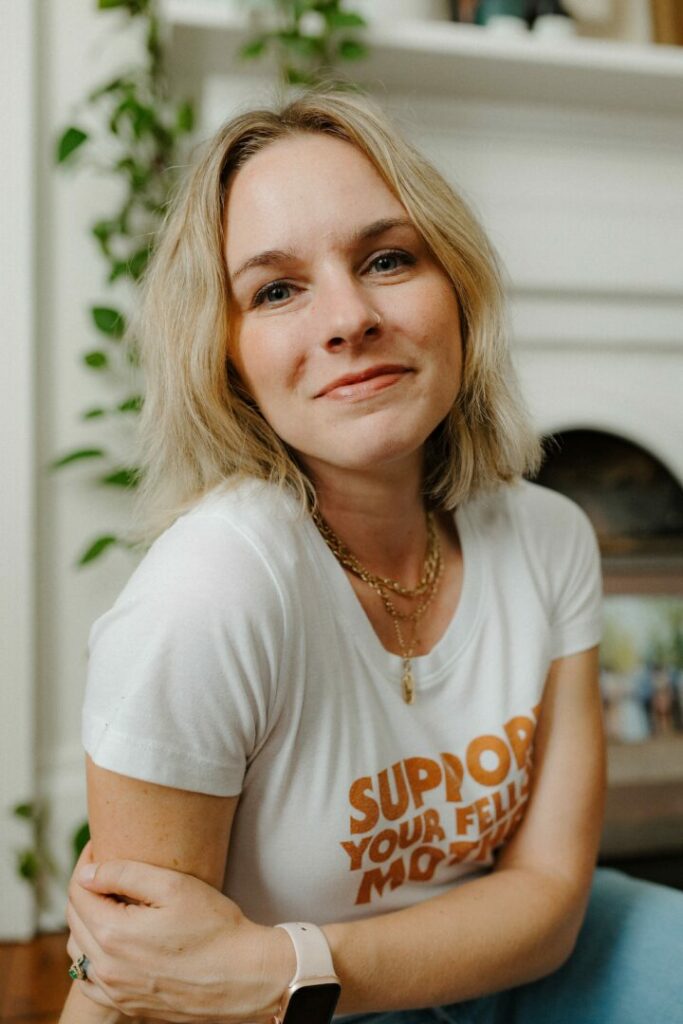
I think about imposter syndrome alot, maybe because I often feel it. Recently in an interview Martha Stewart was asked if she ever felt impost syndrome and she quickly said “No, You shouldn’t even know what that is”. I’m sure we would all love to be able to answer that question in the same way! The reality is that the feeling of being an imposter tends to sneak up on us, and at the root of that feeling, is the feeling that we just don’t belong. As I think about walking into a room where I have told myself that I don’t belong, comes the absolute beauty that I do. Why? Because I’m there. I wouldn’t have been hired if they didn’t want me, I wouldn’t be apart of the conversation if I didn’t have value. I do have value, my art has value, and my contribution to those around me has value. I think it’s good to sit with the uncomfortableness of not feeling like you belong. It means you are doing something hard, and that means that you are doing something good. I don’t want art to feel comfortable. Comfort if boring, and I think as an artist you stop growing when it gets easy. Read more>>
Ashley Lapido

Imposter syndrome is something I still grapple with today. Past layoffs and setbacks have challenged my confidence, but I’ve developed tools to push through. For instance, I ask past managers for recommendations—terrifying, but invaluable. Their words are constant reminders of my worth and impact, right alongside client feedback like ‘You’re killing it on socials!’ These personal ‘golden nuggets’ help quiet doubts and keep me moving forward. Read more>>
Ashley Parent
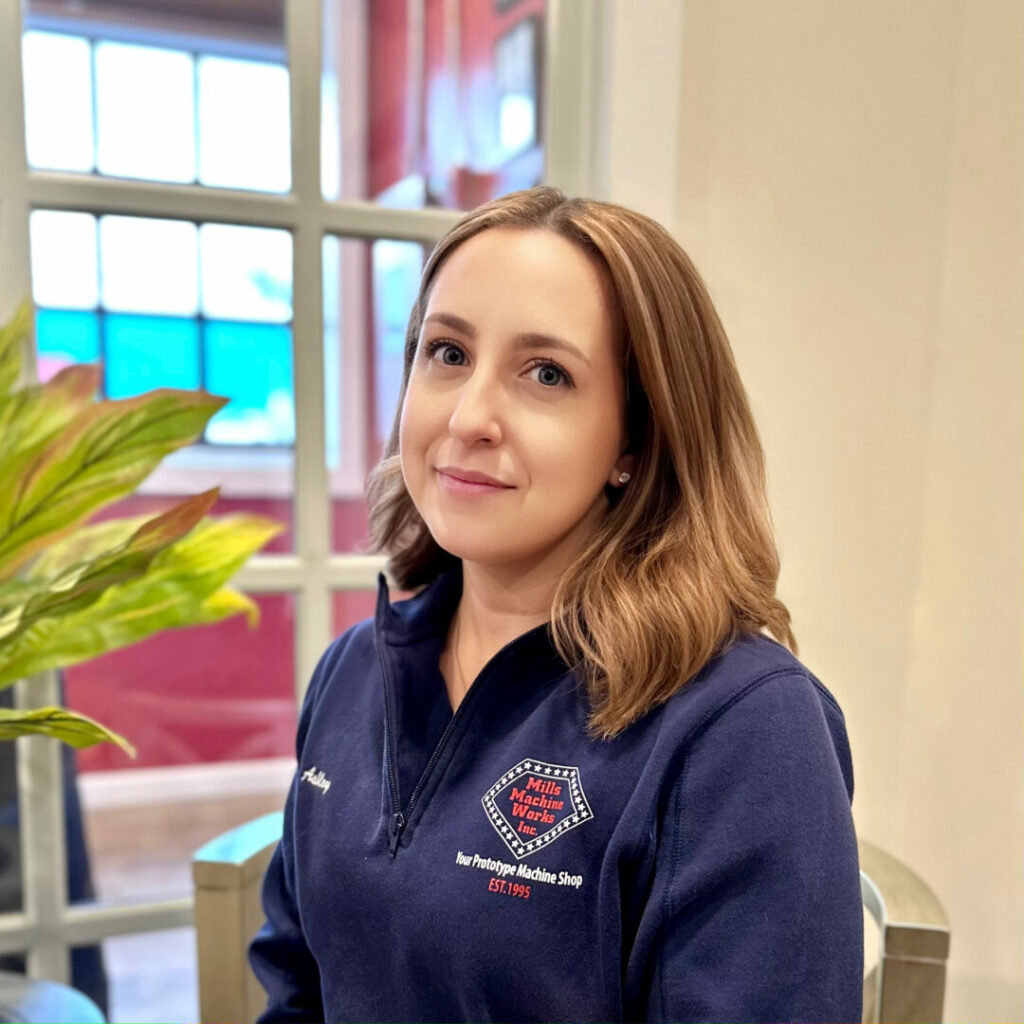
Starting Point: Feeling Overwhelmed and Unsure
When I took over my father’s company, I was immediately faced with a tidal wave of emotions. The loss of my father was still raw, and I was stepping into a role that felt overwhelming. I had big shoes to fill but lacked the technical expertise I thought I needed to succeed in the manufacturing industry. Imposter syndrome crept in, whispering doubts into my mind. I questioned if I could truly lead a business in a field where I felt like an outsider. Read more>>
Stephanie Alston
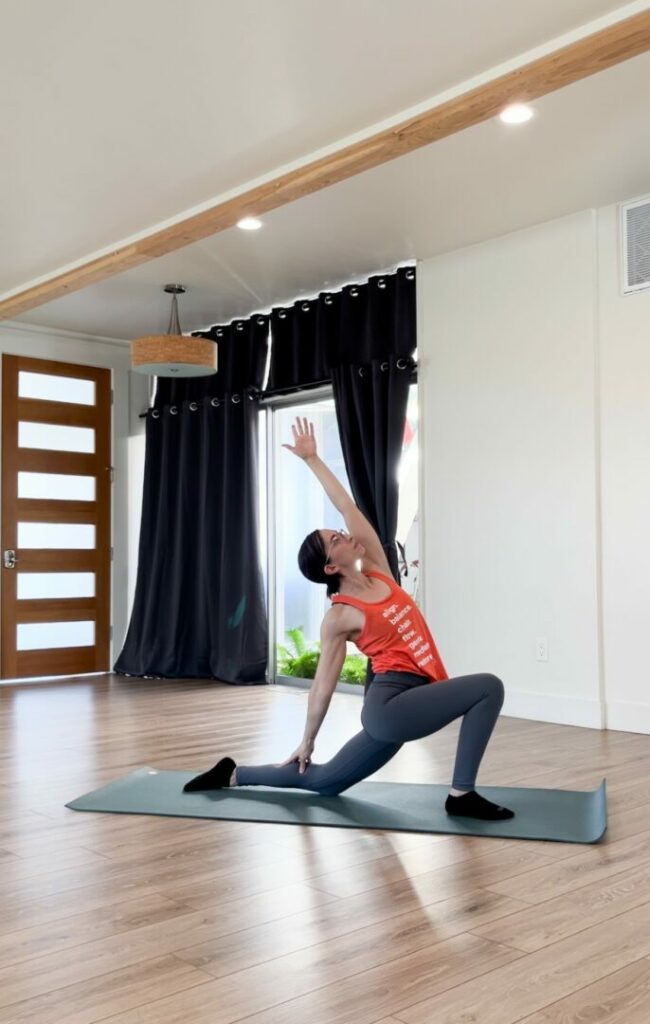
Imposter syndrome is a nasty sense of self-doubt that creeps in at the most inconvenient moments. I hardly ever feel that I’ve “learned enough”, “practiced enough”, or “had enough life experience” to be sharing what I’m sharing with others. Even as a business owner and successful entrepreneur there’s this sneaking suspicion that I need to be the expert and be able to answer ALL the questions that anyone could possibly have about my profession before I can call myself legit and stand up in front of others to represent, well, ANYTHING. Read more>>
Rossana Barrera

It took me years to realize that having imposter syndrome really meant two other things: 1. I did not believe in myself enough, and 2. I cared more about what other people thought about me than what I thought about myself. Once I understood this, I was able to fully focus on what I wanted to do with my life.
For the longest time I was a lover of the arts, wanting to sing, dance and act for a living, but I was always too scared to take that jump. I admired the craft from afar, but I had never taken acting classes myself. And the older I got, the deeper my fears became. “How are you just going to start NOW? You’re 25. There are people that have been doing this for decades.” These were the recurring thoughts in my head for years. Read more>>
Kyle Denman
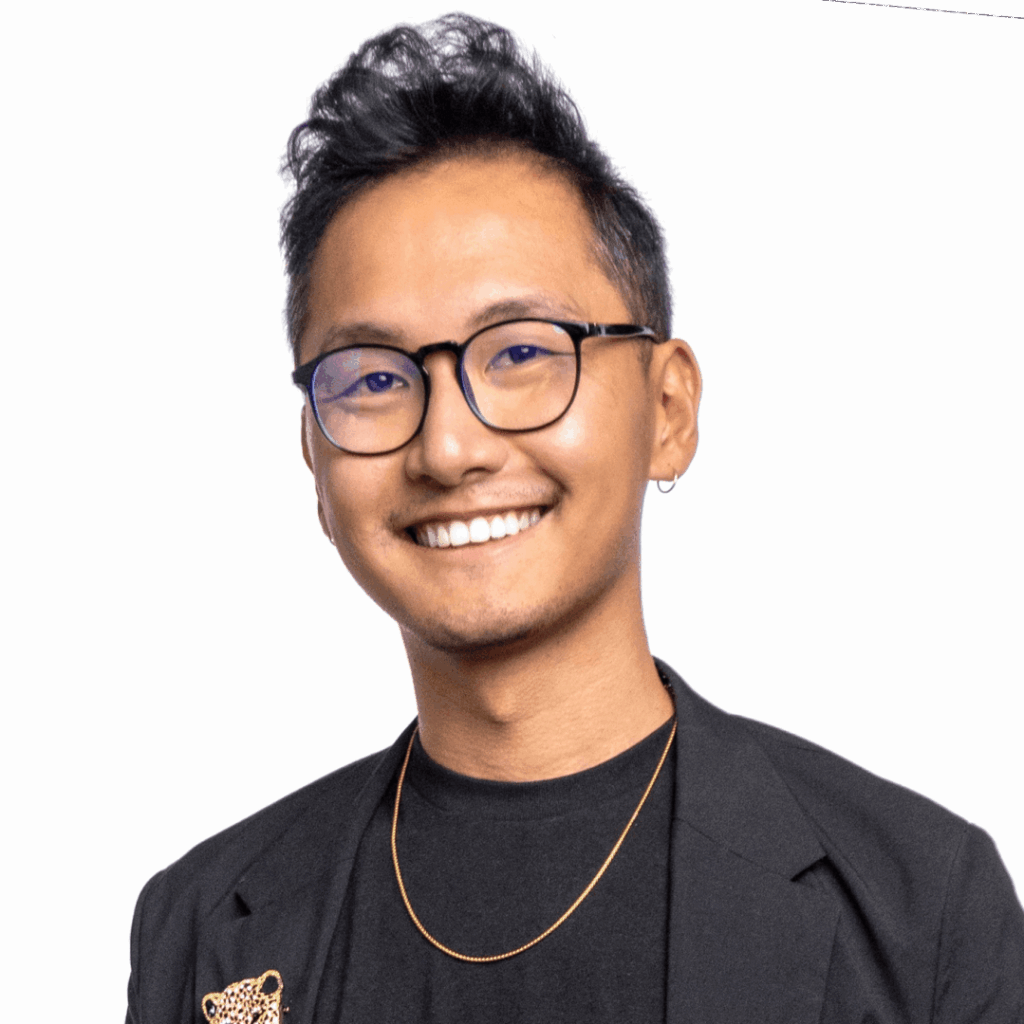
Imposter syndrome is something I’ve definitely dealt with at different points in my career. Early on, especially when I was making the transition from political science to fashion, I often felt like I didn’t belong in the industry. I’d see other designers with formal education or more experience, and I’d question if I was ‘good enough’ to succeed or if I deserved the recognition I was receiving. It’s easy to fall into that trap of feeling like you’re just ‘faking it’—especially when you’re still learning and growing. Read more>>
Ken May

The first time I got booked for a major festival slot, There I was, looking at my name on the lineup, and my brain’s like “they’re gonna know you have no idea what you’re doing.” Even after years of grinding in clubs, producing tracks in my bedroom studio, and landing those small acting roles that slowly got bigger – that voice in my head kept saying I was just getting lucky and fooling people. Read more>>
Gemma Smith
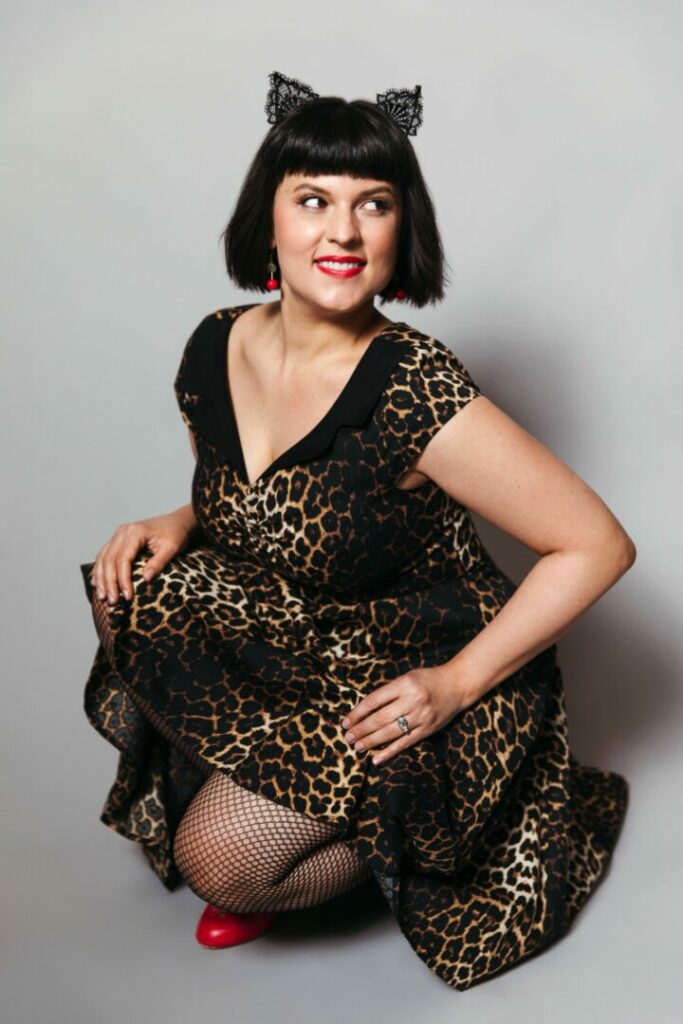
Overcoming imposter syndrome is a daily practice for me, and it always starts with coming back to my why. Why am I producing my variety show? Why am I performing burlesque or creating my podcast? At the core, I love telling stories, connecting with audiences, and building community.
I’m inspired by collaborating with like-minded artists—in my case, cat-loving creatives—and that reminds me why I do what I do. I also make a point to remember that everyone has something unique to bring to the table. Leaning into what makes me different is so important because it’s our differences that make us stand out. Read more>>
Garcia
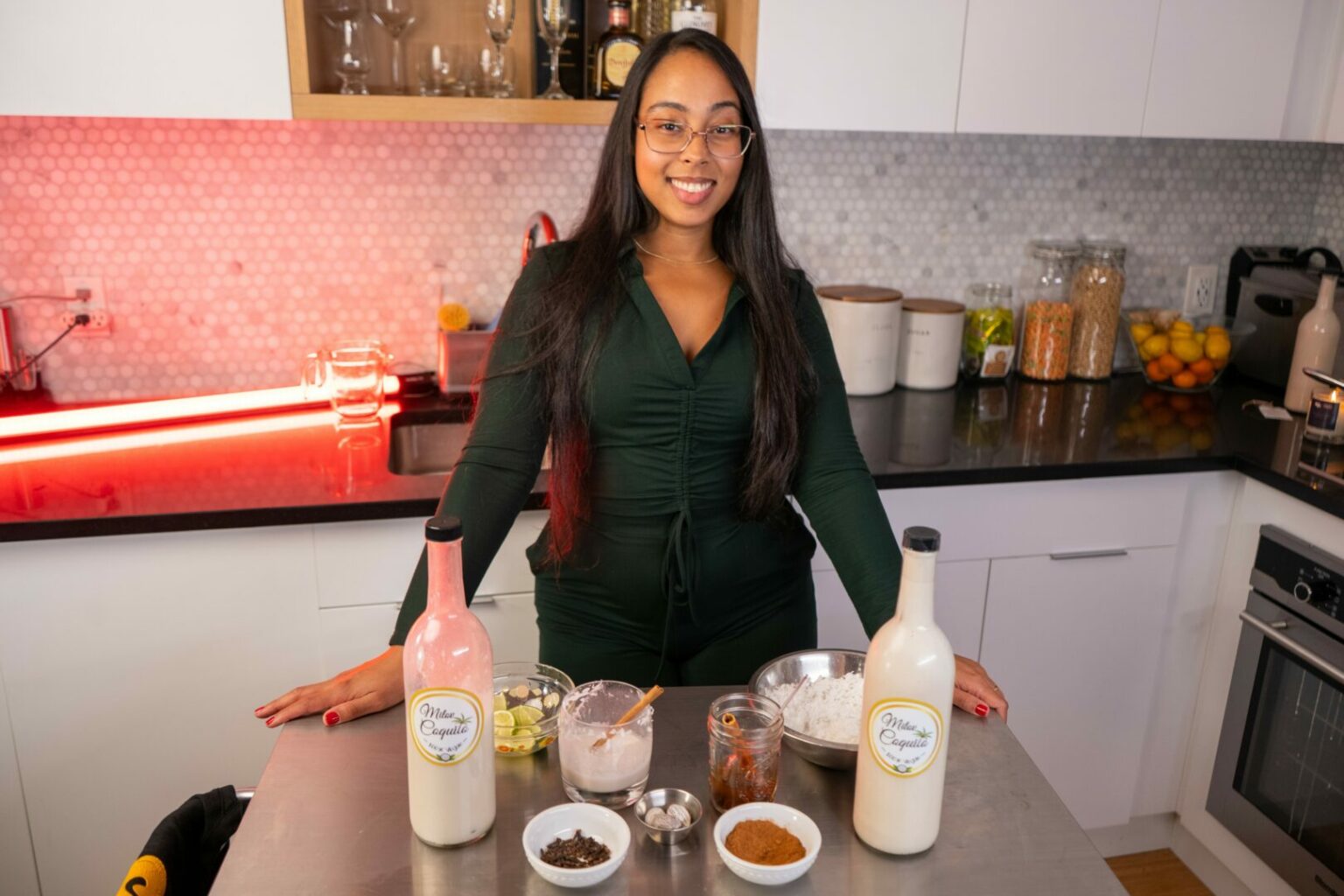
Imposter syndrome first crept into my journey with Milov Coquito when the idea of turning my personal recipe into a business became real. I vividly remember standing in my kitchen, staring at rows of bottles filled with my vegan coquito, wondering if anyone beyond my family would truly care.
I thought, Who am I to sell this? I wasn’t a trained chef or an expert in beverage production—just someone who had a passion for the drink I loved. For a long time, I found myself following the lead of others—people I thought were smarter, more experienced, or better equipped. But over time, I realized that constantly comparing myself to others was holding me back from fully believing in my own ideas. Read more>>
Bernadette Gold

I still remember the first time I felt like a complete fraud—as if the world would soon discover I wasn’t nearly as capable as I appeared. I’d stepped into a leadership role that demanded more than I’d ever managed before, and no matter how much I prepared, I couldn’t shake the persistent voice telling me I didn’t belong. That insidious voice is imposter syndrome: the fear you’ll be exposed for not measuring up.
Over time, I realized it strikes hardest precisely when you’re pushing the limits of your comfort zone—when you’re on the cusp of growth. Although it can feel paralyzing, it can also reveal where you need to heal and stretch. Here’s how I broke free: Read more>>
Conner Christensen

Imposter syndrome is something I’ve dealt with just about the entire journey.
When I see my friends and peers do incredible things I could look at it from the lens of imposter syndrome.
“I’ll never be…” fill in the blank.
I choose to look at it as inspiration.
We’re all doing similar things and maybe I haven’t done it long enough, messed up enough, or failed enough to level up.
There’s a lot of reasons to not start something, or quit early. If imposter syndrome is one of those reasons then
BE PATIENT.
I choose to think of it like a video game, levels, cut scenes, boss fights. Etc…
If Mario was experiencing imposter syndrome, what would that look like for mushroom kingdom?
Find your WHY, for what you’re doing, and melt away the imposter syndrome by showing up consistently for that WHY. Read more>>
Tamiya Matlock

Overcoming imposter syndrome has been a journey. But I’ve learned to tackle it step by step. One of the biggest things was believing in the product. I reminded myself that Crown Couture Hair Growth Oil is something I’m passionate about. It’s not just a random idea—I spent time researching, testing, and perfecting the formula, which includes over 21 oils. Knowing the benefits it offers gave me confidence in its value. Celebrating small wins made a big difference. Whether it was finalizing the formula or getting positive feedback from people who tried the oil, those moments validated the hard work I’d put in and reminded me that I was on the right track. I dove into learning everything I could about hair care and entrepreneurship. Imposter syndrome feeds off self-doubt, and the more prepared I felt, the less power those doubts had. I surrounded myself with positive people who believed in me, and I also connected with other entrepreneurs. Hearing their stories made me realize I wasn’t alone—imposter syndrome is something a lot of people face. Crown Couture helps people achieve healthy, beautiful hair. Staying focused on that purpose keeps me motivated, even when doubt tries to creep in. Believe in your purpose and your work. Celebrate the small victories, stay open to learning, and don’t be afraid to lean on your support system. Growth takes time, but you’re more capable than you think. Read more>>
Colescott Rubin
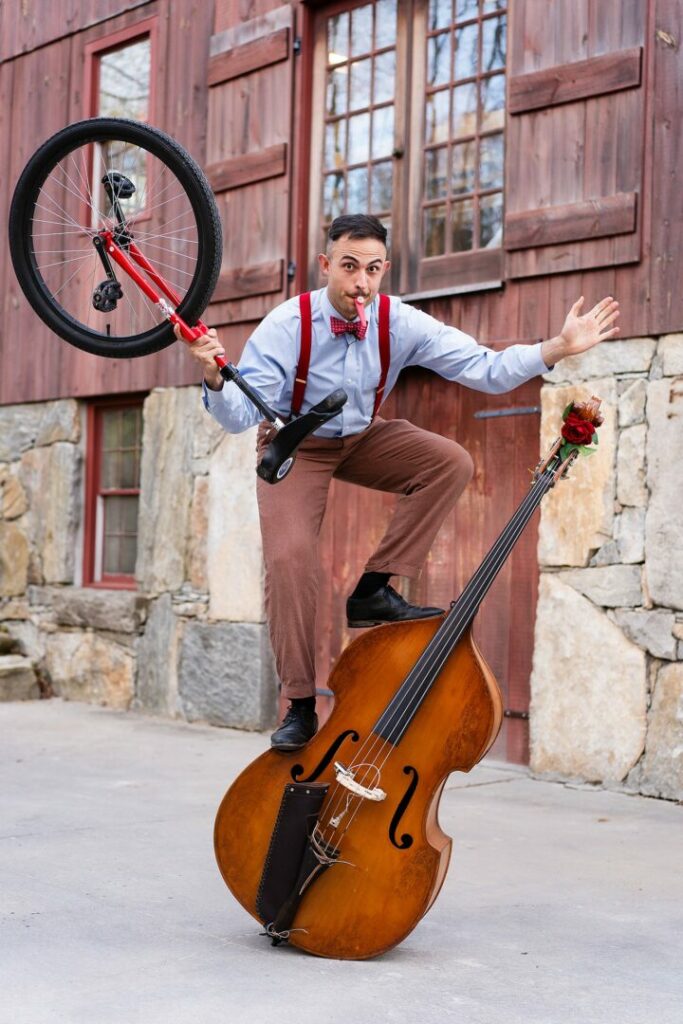
When I was a kid, I’d try new things all the time, always looking for new subjects to be excited about. Every subject was my favorite subject! Once I started focusing on my passions (like music, math, and science for instance) I noticed the comparisons start to come up. The more I cared and the more time I put into things, the more anxious I was in comparing myself to others, worrying about whether I had enough skill or was progressing fast enough. Eventually, I remembered the way I was being when I first started diving into all these subjects and when those fires of creativity were lit. However, it took me having a the first big depression of my life to get to that point.
When I was 18, I got seriously depressed for five months. Hardly anything brought me joy, especially music, which used to be my favorite thing in the world. Read more>>
Michael Wilkins

Surprisingly, I still deal with imposter syndrome from time to time, but for the most part, I have overcome it by reflecting on all the “real” parts of my business. For example, I have an office, insurance, team members, company branded shirts, a website, and all the other things that a “real” business has; reflecting on these points help me to see that I have a real business and am not an impostor. Read more>>
Jason Fleurant
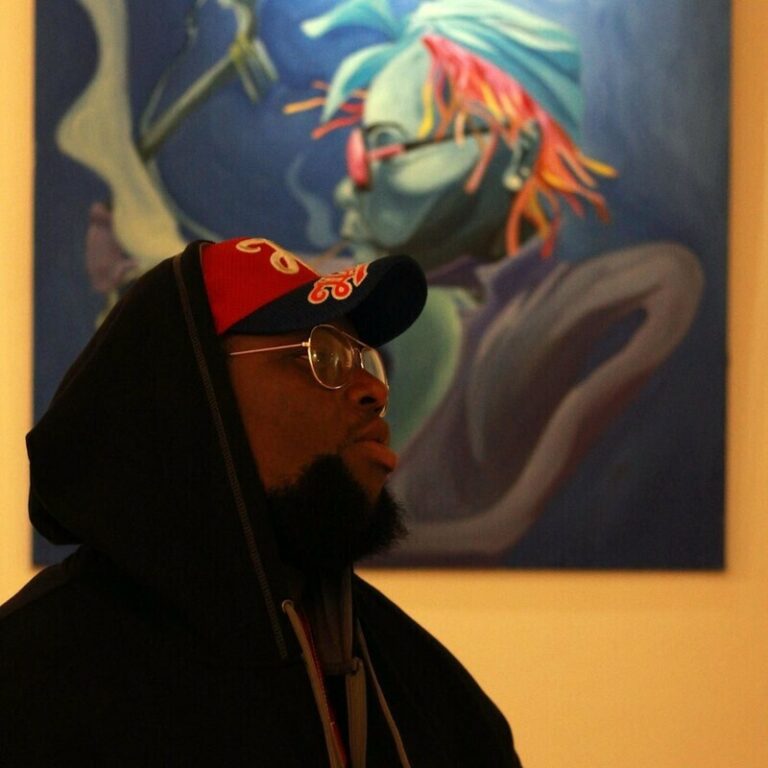
I haven’t Well at least I haven’t fully. But I believe at some point your past becomes your testimony to give you that inspiration to push past that. At least that’s how it has had to be for me. I had to stop and remind myself how far I’ve come and how much I’ve been able to accomplish. Take that and use it as the fuel to boost me… but I dunno if I’ll ever fully be rid of it. Read more>>
Michelle Lam
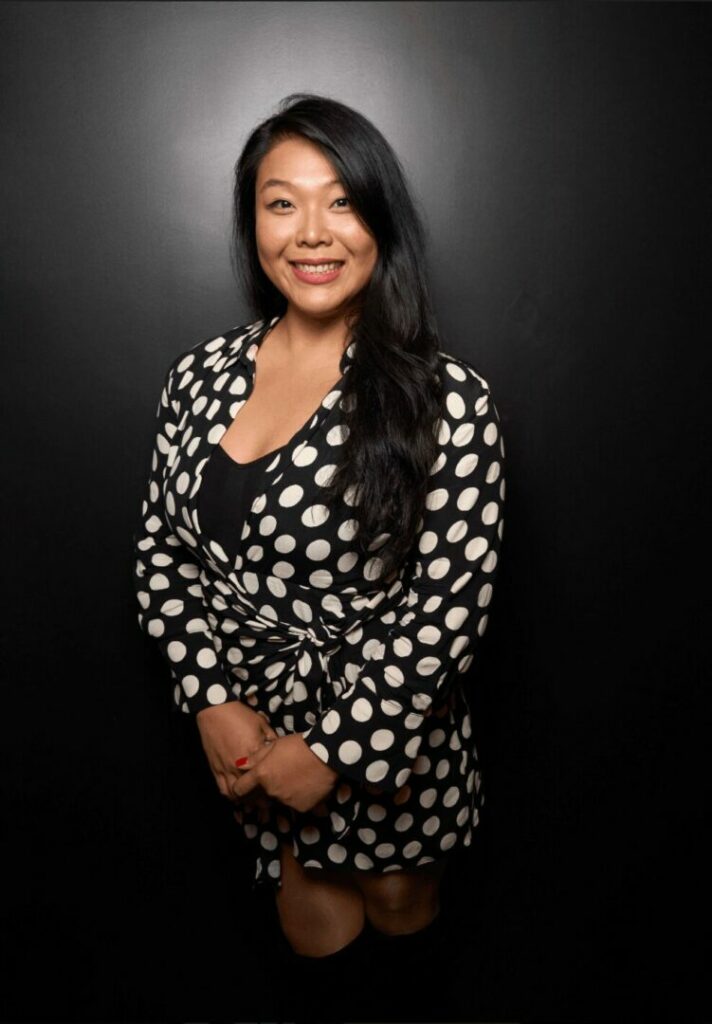
My journey to becoming the CEO of Bklynite Media has been anything but conventional, but every step along the way shaped my perspective and resilience. I started my career as a paralegal’s assistant in immigrant law, helping immigrants in Midtown Manhattan while attending college. At the time, I believed I was on the path to law school, but life had other plans. Read more>>
Adrian Adams

From an early age, I was somewhat aware of the contributions I was destined to make would be unique, distinct, and irreplaceable. This stemmed from my individual perspective and experiences. I believe that this realization occupied self-doubt, as I often questioned my capabilities and felt as though I was an imposter in spaces that I had the right to occupy. Through self-reflection and persistence, I began to cultivate a major sense of confidence in the knowledge, skills and resources that was bestowed upon me. Music played a significant role in this journey and truly is the force that fuels my ambition and passion for success. I truly believe that imposter syndrome is predominately subjective, stemming from internal feelings rather than objective truths. We have to recognize that our capabilities should be measured by facts that reflect our achievements and potential. Read more>>
Nicólas Soul
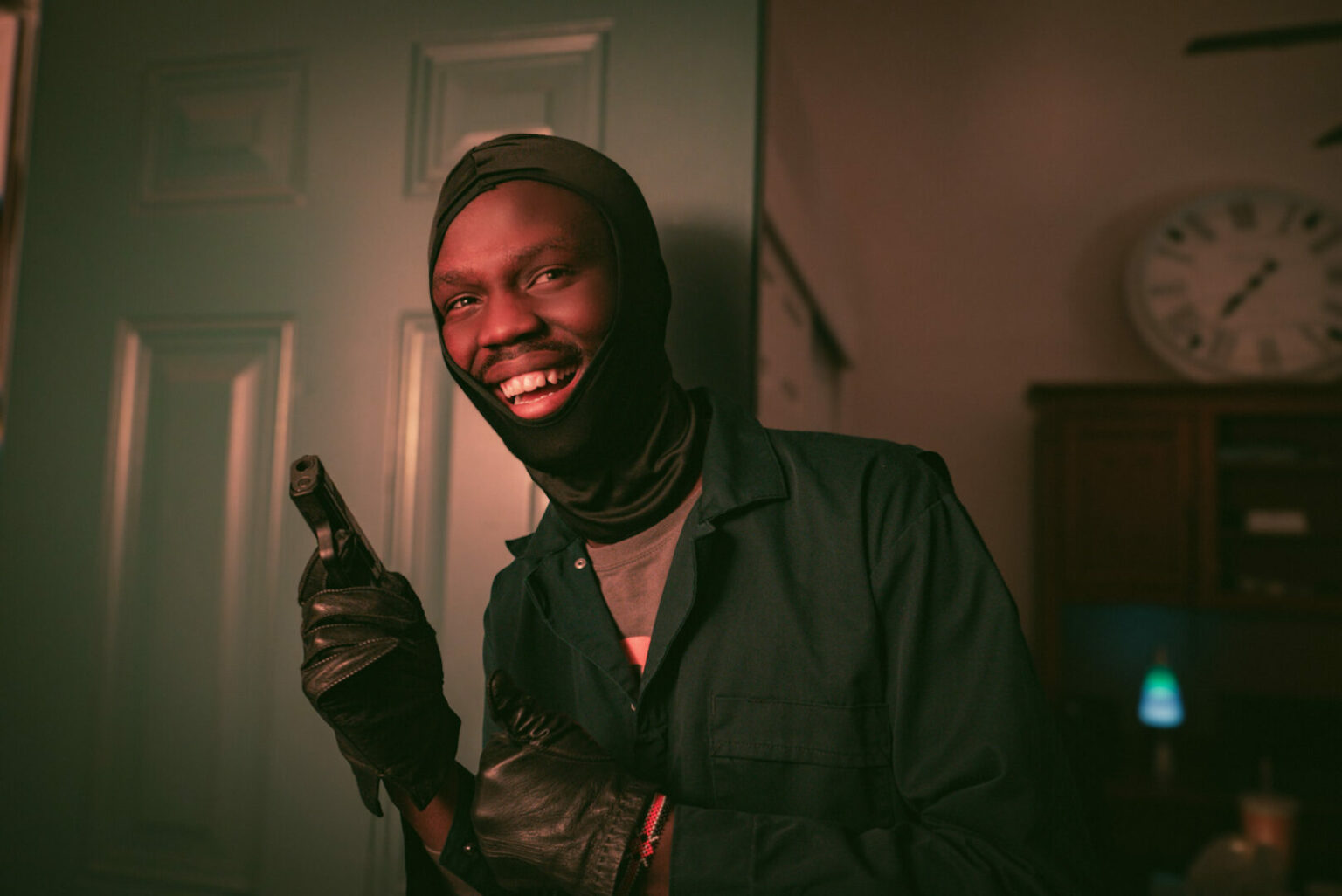
I feel like for me it came to a point where it physically didn’t feel right anymore. At first, imposter syndrome blindsided me completely and I was in this abyss of self doubt. Everything I did, I overthought. Then, I overthought the overthinking. Am I really a good artist? Is this actually good or of value? Am I a good person like I think I am? Am I valuable? Why should anyone believe in me? These questions constantly attacked me. Read more>>
Brittney Ashley
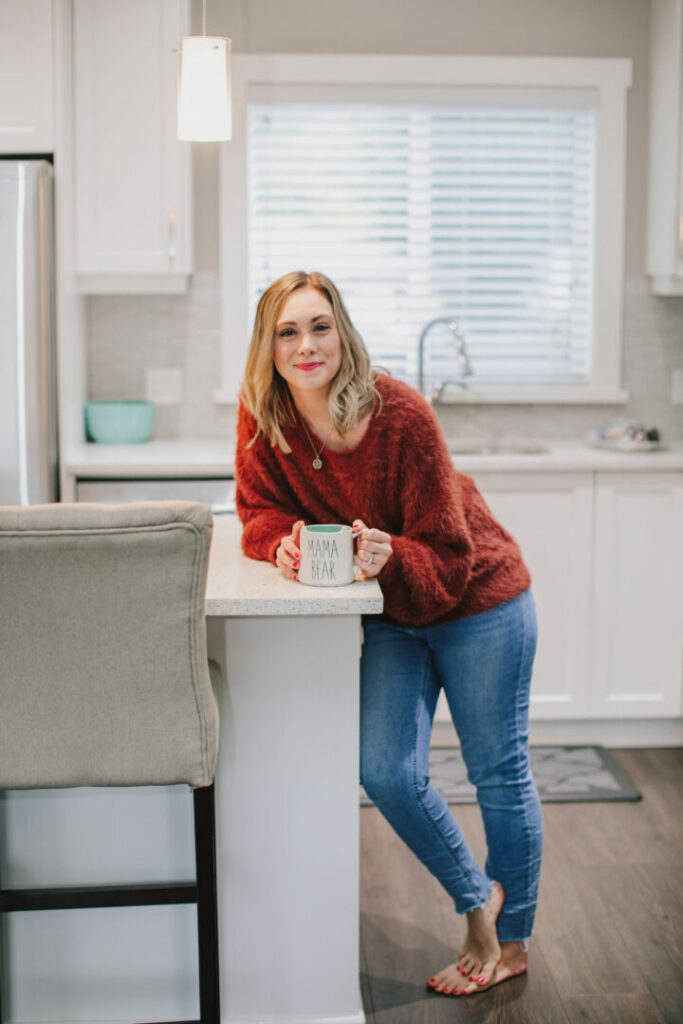
“Ever feel like you’re one lucky break away from being ‘found out’?”
That’s how I used to feel. Ironically, my impostor syndrome hits hardest when I’m speaking to a room full of people about impostor syndrome or teaching others how to build successful businesses. There I am, sharing advice I know works, while a little voice in my head whispers, “Who are you to be up here?”
Sound familiar? If so, you’re in good company—and trust me, there’s a way out.
Here’s how I turned that voice from a critic into a cheerleader and learned to embrace my worth:
1. Recognize and Celebrate Your Wins Read more>>










